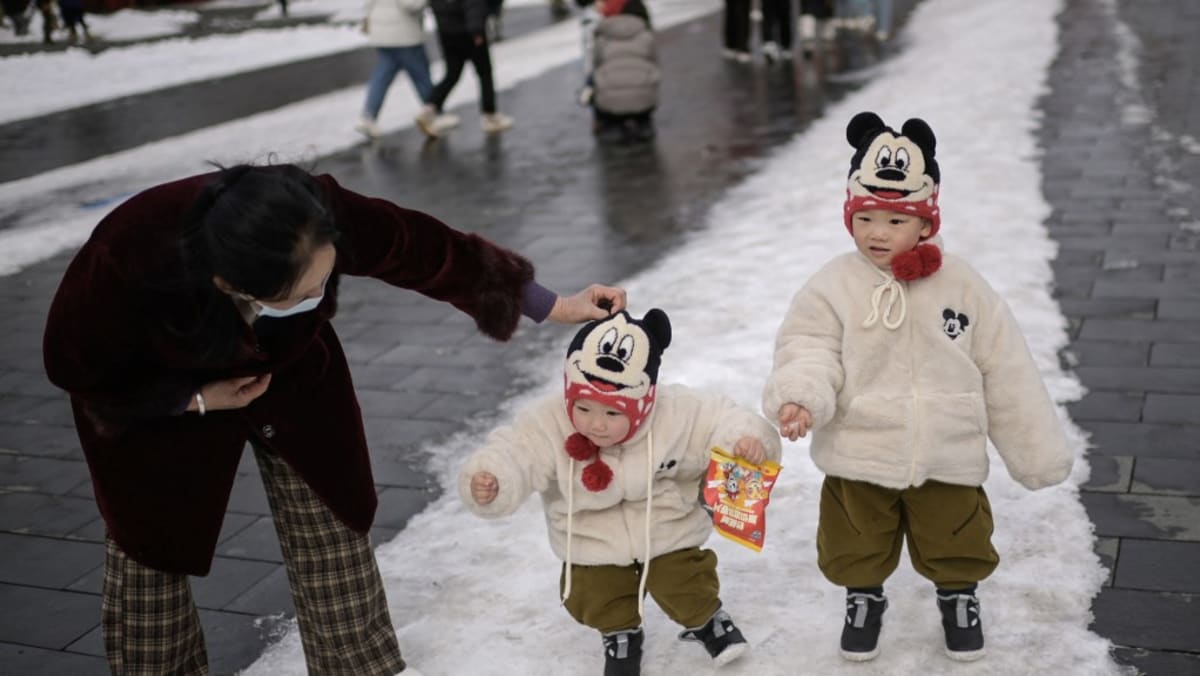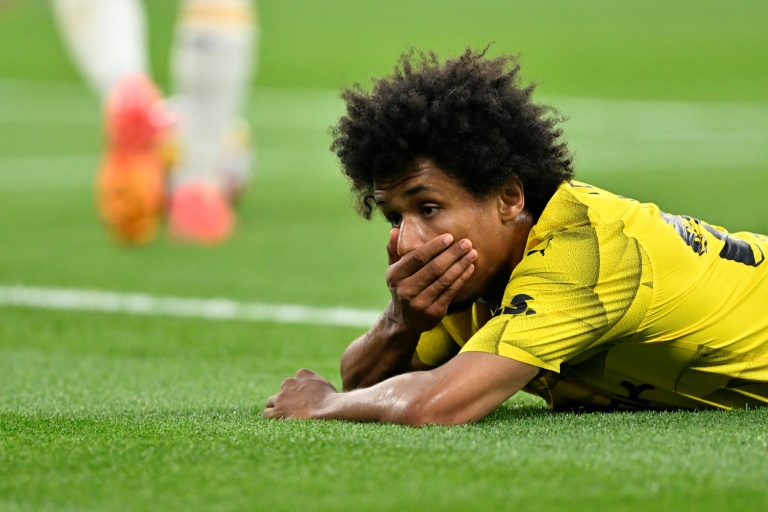SINGAPORE: Spending on education is a critical contributing factor to the high cost of raising a child in China, especially with it still being seen as a critical pathway to success, observers are pointing out in the wake of a recent report laying bare the financial reality of parenting in the country.
The report late last month by a Chinese think tank stated that the cost of raising a child in China till the age of 18 is “almost the highest in the world” relative to its GDP per capita.
“China has been experiencing rapid fertility decline. With fewer children, parents tend to concentrate more resources on raising and educating the next generation,” said Dr Zhao Litao, senior research fellow at the National University of Singapore’s (NUS) East Asian Institute.
But the costs go beyond money as well, with a hefty toll exacted on parents in terms of time spent and the opportunity cost, analysts note. They add that this is particularly pronounced for mothers, due to prevailing gender norms in China.
While local governments are providing varying degrees of support, experts believe what will truly move the needle is a mindset shift by businesses and people on parental roles and the definition of success.
THE PRICE OF PARENTING
The report by YuWa Population Research Institute stated that the national average to raise a child in China till the age of 18 is about 538,000 yuan (US$74,600). This includes nanny and childcare fees, money spent on school and educational materials as well as extracurricular activity fees.
That’s around 6.3 times the country’s per capita GDP and “almost the highest in the world”, the report said.
Also highlighted – how China’s rate exceeds other countries such as neighbouring Japan (4.26 times), the United States (4.11 times), France (2.24 times) and Australia (2.08 times). South Korea claimed the top spot, with the cost coming in at 7.79 times the country’s GDP per capita.
Beijing and Shanghai remain the most expensive places in China to raise a child – with the average cost being about 936,000 yuan and 1.01 million yuan respectively.
If a child’s university education is factored in, the national average goes up by over 25 per cent to a touch over 680,000 yuan. It was necessary to estimate the cost of college education as well because while parents are not obliged to provide financial support once their children come of age at 18, most of them do so, the report stated.
Chinese netizens were critical towards the news, as seen by comments left under a Weibo post on the report by online news platform Sina Finance.
One comment that had more than 6,000 likes read: “The estimate should be in the millions, 680,000 (yuan) is too little.”
“30,000 yuan a year? It is the average spending after all, this is not enough for those in the big cities,” another user said.
Some users questioned the tally for the capital Beijing, claiming it should be higher. “Beijing should be about 2 million yuan, and this doesn’t include a house…,” one comment read.
A separate comment questioning the effectiveness of using averages as the benchmark chalked up around 3,800 likes.
“A normal family raising a child with good grades for undergraduate studies would only need to pay a few thousand (yuan) in school fees a year,” read the comment.
“Meanwhile, rich families can spend hundreds of thousands to send a child overseas … it’s meaningless to calculate averages.”
SPLURGING ON EDUCATION
The report’s authors pointed out that spending on education is an outsized contributor to the overall cost of raising a child in China. A good education has been and continues to be largely viewed within the country as critical to success.
“Graduation (from the better universities) guarantees a bright future with status, wealth and even power,” according to a 2017 article by the South China Morning Post.
Against this backdrop, there is “tremendous competitive pressure compelling parents to search for the best possible education for their children”, Dr Zhao said.







